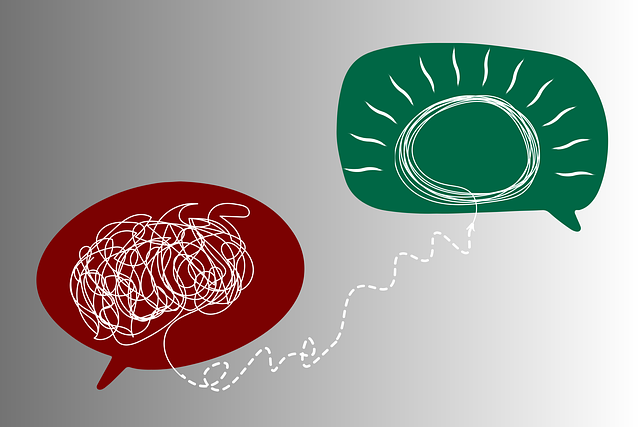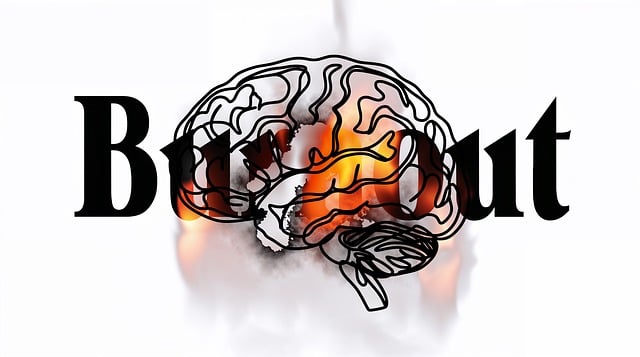Aurora German Speaking Therapy offers a holistic mental health education program that focuses on empowering individuals with skills for navigating life's challenges, improving self-esteem, and preventing depression. By integrating the German language and interactive content like multimedia presentations, open discussions, and group activities, they enhance engagement and knowledge retention. Their tailored approach, sensitive to cultural identity and context, leads to lasting positive outcomes while fostering inclusivity. The program's sustainability includes peer mentoring, self-care routine development, and regular feedback. Evaluations using pre/post assessments, interviews, focus groups, and surveys ensure continuous improvement based on diverse participant needs.
“Explore the comprehensive program design of Aurora German Speaking Therapy’s mental health education initiative. This article delves into the foundational knowledge shared, offering unique strategies for engaging content creation. We examine implementation tactics to ensure accessibility and sustainability, followed by a focus on measuring impact. By understanding the core principles of Aurora’s approach, educators can create impactful learning experiences, fostering better mental wellness in communities.”
- Understanding Mental Health: The Foundation of Aurora German Speaking Therapy's Approach
- Creating Engaging Content: Strategies for Effective Learning Experiences
- Implementation and Support: Making the Program Accessible and Sustainable
- Measuring Impact and Growth: Evaluating Success in Mental Health Education
Understanding Mental Health: The Foundation of Aurora German Speaking Therapy's Approach

At Aurora German Speaking Therapy, our approach to mental health education is built on a strong foundation of understanding. We believe that mental wellness is a cornerstone of overall well-being, encompassing not just the absence of illness but a profound sense of emotional balance and resilience. Our programs are meticulously designed to empower individuals with the knowledge and skills needed to navigate life’s challenges, fostering self-esteem improvement and serving as a robust depression prevention strategy.
Through our unique lens, we recognize that mental health is deeply intertwined with cultural identity and language. That’s why our therapy incorporates the German language, creating a safe and supportive space for clients to express themselves authentically. By understanding the nuances of mental health within a cultural context, we offer tailored interventions that address specific needs, promoting lasting positive outcomes.
Creating Engaging Content: Strategies for Effective Learning Experiences

At Aurora German Speaking Therapy, we understand that engaging content is key to creating effective mental health education programs. Incorporating interactive elements and diverse learning methods can significantly enhance participant engagement and knowledge retention. For instance, incorporating multimedia presentations with real-life case studies not only makes sessions dynamic but also helps individuals relate to the material. Facilitating open discussions and group activities allows participants to share their experiences, fostering a sense of community and mutual support.
Additionally, integrating practical strategies such as Self-Care Routine Development for Better Mental Health and Depression Prevention techniques into the curriculum empowers learners. Teaching them tools like mindfulness exercises, stress management techniques, and healthy communication skills equips them with the means to navigate their mental health journeys proactively. These hands-on approaches promote active learning, encouraging individuals to apply what they’ve learned towards managing Anxiety Relief and improving their overall well-being.
Implementation and Support: Making the Program Accessible and Sustainable

Implementing a mental health education program requires careful consideration to ensure its accessibility and long-term sustainability, especially in diverse communities like Aurora with a German-speaking population. One key aspect is making the program culturally sensitive and inclusive. This involves adapting content and delivery methods to resonate with participants from different cultural backgrounds, ensuring German-speaking individuals feel welcomed and engaged. For instance, incorporating German-language resources and facilitators who understand cultural nuances can significantly enhance participation rates.
Moreover, sustainability can be fostered through a combination of strategies. These include offering ongoing support groups or peer mentoring programs to maintain momentum after the initial education phase. Encouraging self-care routine development and social skills training can empower individuals to actively manage their mental health. Regular feedback from participants can also help refine the program, ensuring it remains relevant and effective in reducing stigma associated with mental illness. Aurora German Speaking Therapy can play a pivotal role in this by providing resources and platforms for continuous learning and engagement.
Measuring Impact and Growth: Evaluating Success in Mental Health Education

Evaluating the success of a mental health education program is a crucial step in ensuring its impact and effectiveness. This process involves a comprehensive assessment of various aspects, from individual participant growth to broader societal changes. At Aurora German Speaking Therapy, we employ a multi-faceted approach to measure the program’s impact, focusing on both qualitative and quantitative data collection.
By utilizing tools like pre- and post-program assessments, interviews, focus groups, and feedback surveys, we gain valuable insights into participants’ emotional healing processes and stress management skills. These methods allow us to track improvements in mental well-being, identify areas of growth, and understand the program’s contribution to risk assessment for mental health professionals. The data collected informs adjustments to the curriculum, ensuring continuous improvement and a more tailored approach to meeting the diverse needs of individuals seeking support.
Aurora German Speaking Therapy’s mental health education program design emphasizes a holistic approach, as outlined in this article. By understanding mental health as a foundational concept, creating engaging content, ensuring accessible implementation and support, and measuring impact effectively, we can foster meaningful learning experiences that promote resilience and well-being. This strategic framework not only benefits individuals but also contributes to a healthier and more supportive community, reflecting Aurora German Speaking Therapy’s commitment to making mental health education both impactful and sustainable.








